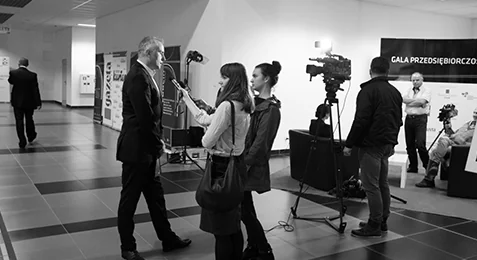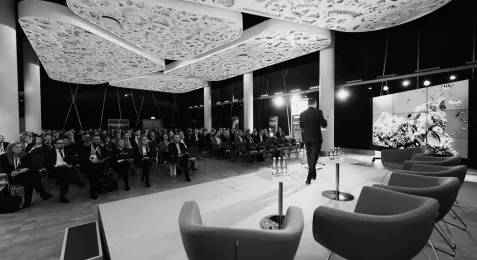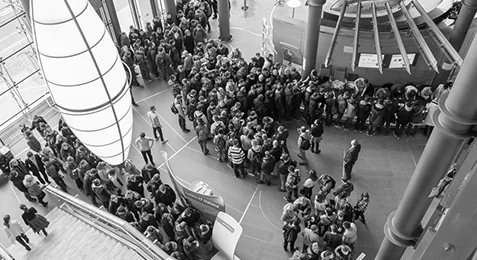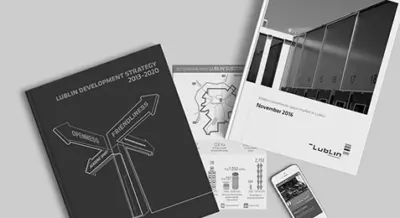Lublin - Economic Growth
First place in investment expenditure per person, thousands of new enterprises offering job opportunities, as well as successes in using available means to develop the region are just some of the city’s assets. Hard economic data prove the significant economic growth of Lublin in the last decade. Cognizant city management supports this positive trend, and proof of this are the new investments made by large international companies, as well as the distinctions given by trade experts, which set the city as an example of efficient actions supporting foreign direct investments.
Economic Lublin is built on the solid foundations of priority industry sectors chosen on the basis of expert analyses, whose development is desirable and actively supported. One of the most attractive forms of support is the Special Economic Zone. Locating investment there involves the development of well-prepared plots of land, as well as gaining significant tax relief. An additional asset is the perfect location of the plots in the vicinity of an express ring road and Lublin’s airport. This incentive has already been accepted by numerous companies.





